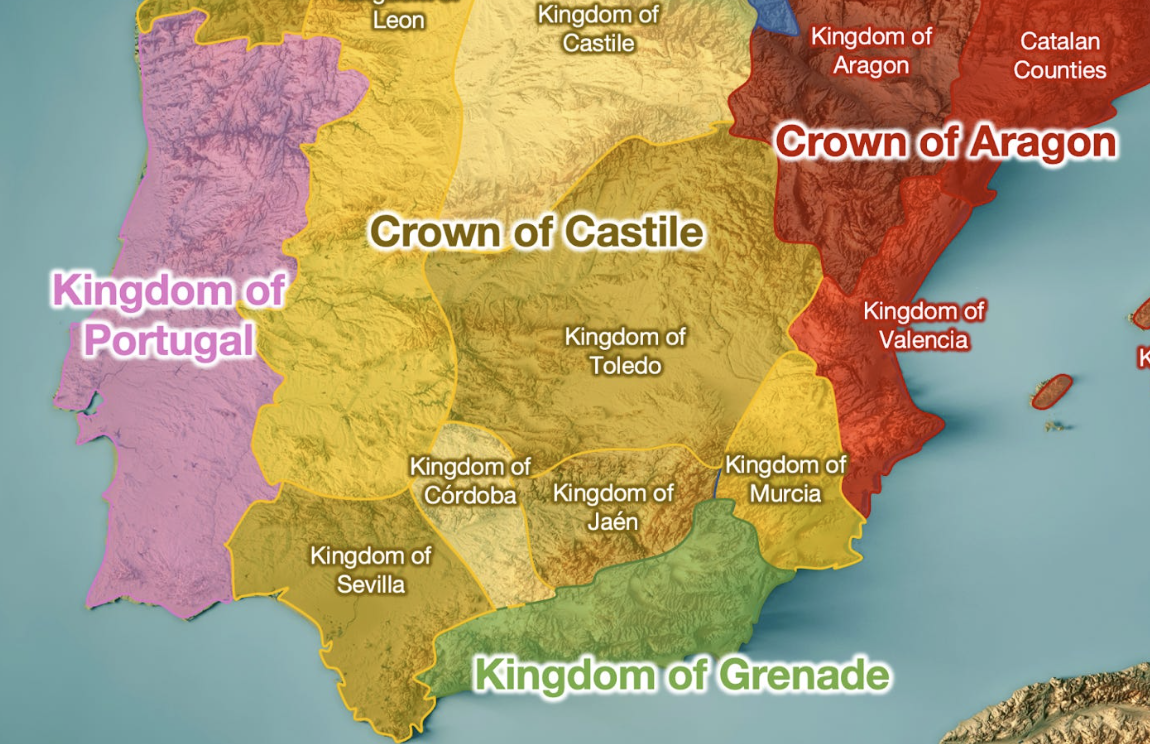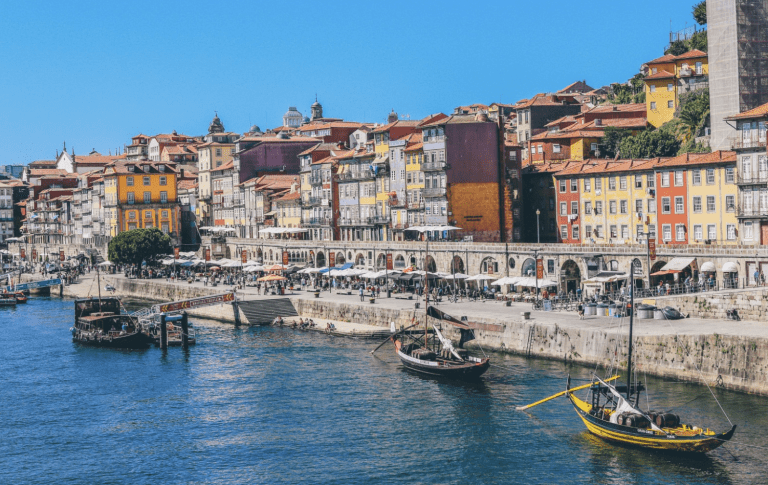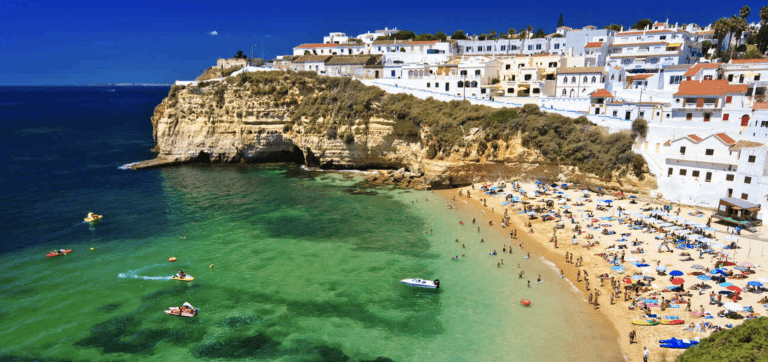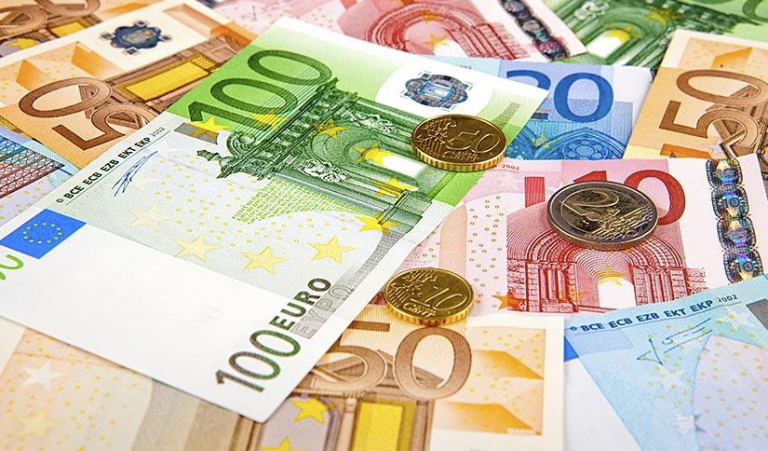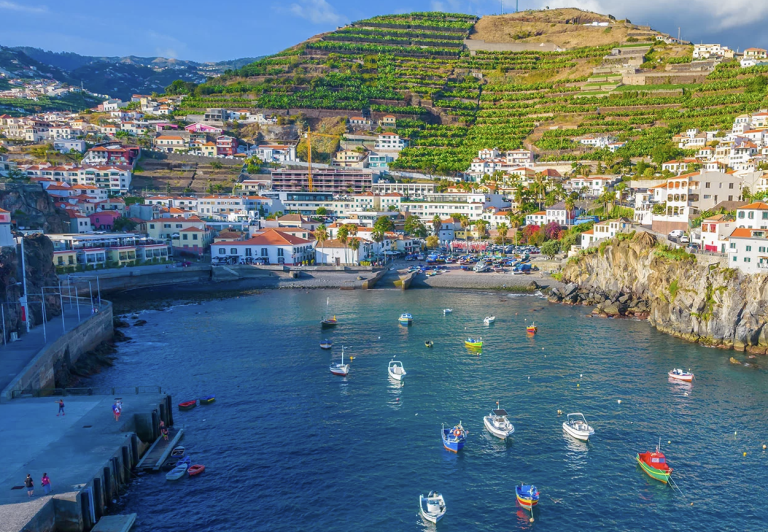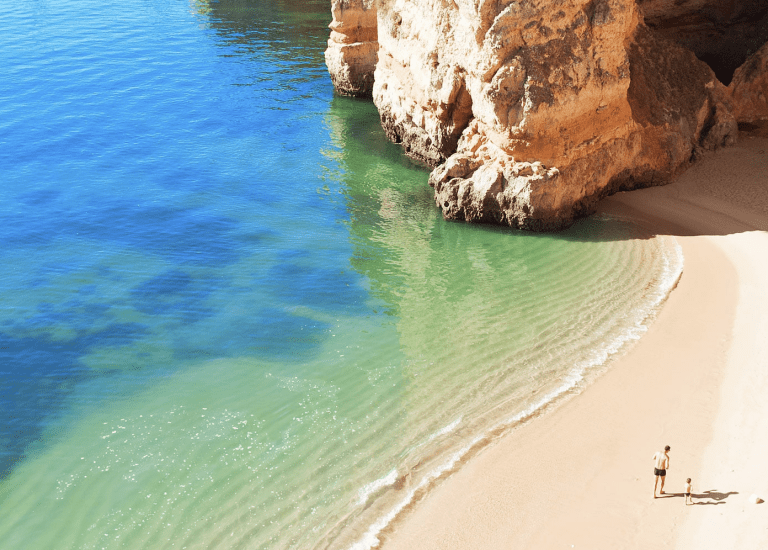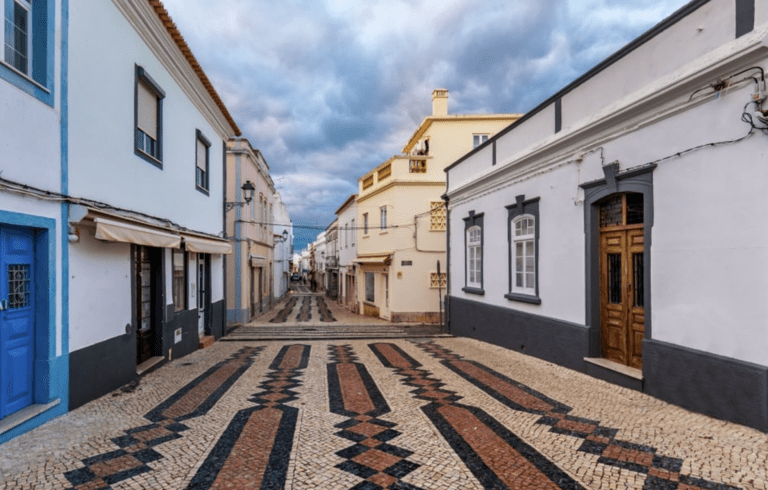When was Portugal founded? This question is a gateway to the rich tapestry of Portuguese history, which weaves through time from ancient civilizations to modern struggles and resilience. The emergence of Portugal as a nation can be traced back to significant events like the Battle of Sao Mamede, with influential figures such as John of Avis playing pivotal roles.
The cultural influences that have shaped Portugal are multifaceted and deeply ingrained, deriving from the multiple civilizations that have occupied the Iberian Peninsula over time. These include the indelible impact left by Romans during their reign.
As we delve into when Portugal was founded, it’s important not only to look at its formation timeline but also understand how societal structures developed during medieval times. Furthermore, recognizing Lisbon’s founding & major setbacks provides insight into how colonization efforts were shaped following West Indies discovery and what transpired in the aftermaths.
The narrative would remain incomplete without exploring Portugal’s imperial ambitions – early colonial expeditions leading up to building an empire followed by challenges faced during its decline phase. Equally crucial is understanding modern history – Salazar era impacts on Portuguese economy right up till Carnation revolution outcomes.
The Rise of Portugal: From Battlefields to Sovereignty
In 1143, Portugal’s journey to nationhood began with a bang. Dom Afonso Henriques, the OG founder of Portugal, showed his mom who’s boss by defeating her at the Battle of Sao Mamede.
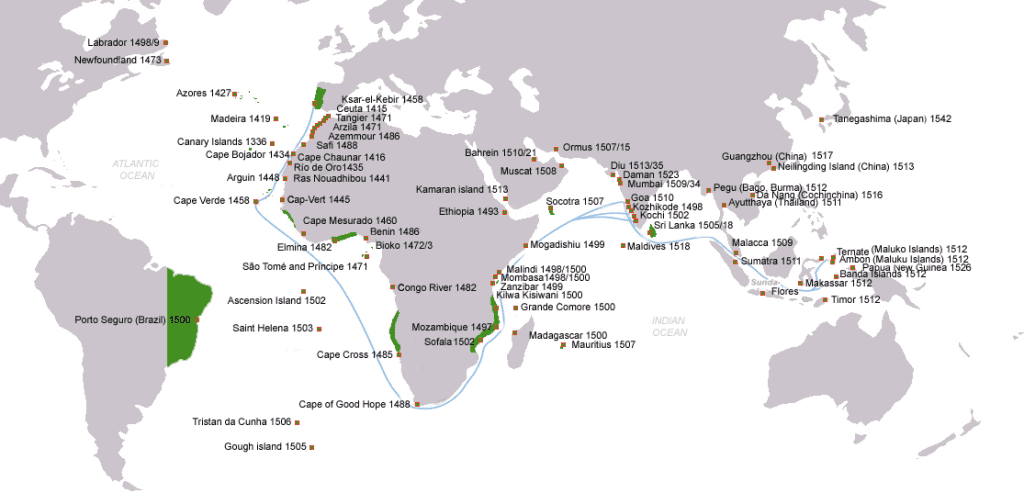
The Battle of Sao Mamede: A Game Changer
This epic showdown marked a major turning point in Portuguese history. Dom Afonso Henriques declared himself Prince of Portugal, kickstarting the process of breaking free from Leonese rule. This paved the way for Portugal to become a legit nation.
But wait, there’s more. Fast forward to 1385, when John (Joao) I from House Avis took charge and solidified Portugal’s status on the global map by whooping some Castilian behinds at the Battle of Aljubarrota. Check it out.
John Of Avis: The Man, The Myth, The King
King Joao I was a total badass. Despite political chaos and external threats, he expanded Portugal’s territories overseas, established trade routes with Africa and Asia, and beefed up the country’s defenses. Talk about shaping the Portuguese state.
Early Inhabitants and Influences on Portuguese Culture
The history of Portugal is rich, dating back to prehistoric times when humans settled in this region. Human habitation in Portugal has been documented as far back as 30,000 BC. Various civilizations have left their mark on what would become modern-day Portugal.
Influence from Various Civilizations over Time
The Lusitanians, a group of Indo-European tribes, were influential in ancient times. They fiercely resisted Roman occupation until their leader Viriathus was assassinated under treacherous circumstances.
Beyond military resistance, the Lusitanians also made significant contributions to Portuguese culture and society. Their influence can be seen today in language structure and regional customs.
Impact and Legacy Left by Romans
The Roman Empire’s invasion of Iberia had profound impacts on local societies, including those within present-day Portugal boundaries. They brought new technologies like aqueducts and roads, and introduced Latin, which formed the basis for the development of the Portuguese language.
Roman rule lasted several centuries, leaving an indelible imprint upon Portuguese culture. Many towns and cities still bear Roman architecture ruins, and Christianity started spreading during this period, forming the foundation of religious beliefs and practices seen today.
- Linguistic Influence: The Latin language introduced by Romans evolved into Galician-Portuguese dialect, which further developed into modern-day Portuguese.
- Cultural Influence: Many traditional festivals and holidays celebrated currently trace their roots back to Roman pagan rituals incorporated with Christian symbolism over time.
- Economic Impact: Romans established trade routes and vineyards, contributing significantly to the economic growth and prosperity of the area.
All these influences shaped the unique cultural identity of the Portuguese people, leading to the formation of the independent nation known today as “Portugal.” It stands as a testament to the resilience and adaptability of its inhabitants through ages, facing numerous invasions and challenges head-on and emerging stronger each time. Visit Portugal to gain an insight into its rich cultural heritage by exploring the historical sites.
The history of Portugal dates back to prehistoric times, with evidence of human habitation dating as far back as 30,000 BC. Various civilizations, such as the Lusitanians and Romans, have influenced Portuguese culture through language, architecture, and traditions. These influences have shaped the unique cultural identity of Portugal and can still be seen today in its language structure, festivals, and historical sites.
Medieval Times and Formation Timeline
The medieval era in Portugal was a time of big changes. The nobility and clergy rose to power, while the peasants did all the hard work. It was like a real-life game of thrones.
Class Structure Development During Medieval Times
In the fifth century AD, Portugal got its own social hierarchy. There were the fancy nobles who owned land and ruled over everyone, and then there were the poor peasants who did all the heavy lifting. Talk about a lopsided power dynamic.
The clergy also played a role, not just in religion but also in education. They were like the wise old sages, passing down knowledge and guiding society. They were the original teachers’ pets.
Significance of Reconquista Era
The Reconquista was like a never-ending game of capture the flag. Christian kingdoms fought and fought to take back their land from the Moors. It was a long, hard battle, but in the end, Portugal emerged as its own kingdom. Talk about a comeback story.
Thanks to the Reconquista, Portugal and Spain became the countries we know today. It’s like they hit the reset button and started fresh. New kingdoms, new beginnings.
Lisbon’s Founding & Major Setbacks
Founded between 1279 and 1325 by King Dinis, Lisbon, the capital city of Portugal, has a rich history filled with monumental events. Despite its growth, Lisbon faced devastating setbacks that impacted its trajectory.
West Indies Discovery: Colonization Chaos
The late 15th century discovery of the West Indies had a huge effect on Portugal’s colonization attempts. The Portuguese were among the initial Europeans to investigate uncharted lands during this era known as the Age of Exploration. This led to wealth and power for Portugal but also conflicts with other European powers like Spain, who were equally eager to establish colonies.
In fact, it was due to these rivalries that Lisbon suffered a major setback – war with Spain. The conflict strained resources and disrupted trade routes, negatively affecting economic growth.
Aftermaths: From Plague to Resilience
Besides warfare, another catastrophic event that hit Lisbon hard was the Black Death. Arriving via merchant ships from Asia in the mid-14th century, this deadly plague decimated nearly half of Europe’s population within five years. In Lisbon alone, thousands perished, leaving behind a severely weakened populace struggling for survival.
Despite these calamities, resilience became synonymous with Lisbon and its people. They worked tirelessly to rebuild their beloved city each time disaster struck. From constructing grand cathedrals after earthquakes tore down old ones to revitalizing commerce post-war periods through strategic alliances, every setback served as motivation rather than a deterrent.
This spirit is best exemplified when looking at how they dealt with yet another blow – losing Brazil, their largest colony, in the early 19th century due to political instability back home and a growing independence movement there. Instead of wallowing in despair, the Portuguese turned adversity into opportunity, focusing their energies on establishing new territories in Africa, thereby ensuring continued relevance on the global stage.
Lisbon, the capital city of Portugal, was founded between 1279 and 1325 by King Dinis. Despite facing setbacks such as war with Spain and the devastating impact of the Black Death, Lisbon’s resilience is evident in its ability to rebuild after each disaster and adapt to changing circumstances like losing Brazil as a colony.
Building an Empire & Its Decline
The rise and fall of Portugal’s power is like a rollercoaster ride, but without the fun. A common narrative of ascent and then a rapid descent, a pattern that has been repeated innumerable times in the annals of time.
Early Colonial Expeditions
In the 15th century, Portugal embarked on a daring venture, sailing into unknown waters and uncovering fresh lands. It was like a real-life treasure hunt, with explorers like Vasco da Gama leading the way. They even made it all the way down under to Australia, proving that Europeans could get lost on the other side of the world too.
These expeditions were driven by a thirst for wealth and power, but also by a desire to spread Christianity. The Portuguese explorers were like multitasking missionaries, bringing religion and colonization together.
Challenges Faced During the Decline Phase
But as the saying goes, “what goes up must come down.” Portugal faced some serious competition from other European powers, like the Dutch, who wanted a piece of the lucrative trade routes controlled by Portugal. It was a battle for wealth and power, with the stakes being as real as can be.
Adding insult to injury, corruption ran rampant within the Portuguese monarchy. It was like a family-run affair that had gone awry, with members of the royal lineage exploiting state funds for their own selfish purposes. Talk about a betrayal of trust.
Eventually, the people had enough and revolted against Spanish rule, which had merged with Portugal through a dynastic union. It was a long and bloody battle, but in the end, Portugal regained its independence and became a sovereign state once again. It was like breaking free from a bad relationship and starting fresh.
However, the damage was done, and it took centuries for Portugal to fully recover from the impact of those tumultuous times. Some scars still linger, shaping the country’s present-day socio-economic landscape. It’s like a constant reminder of the rise and fall of an empire.
Portugal experienced a rise and fall in power, with early colonial expeditions driven by a thirst for wealth and spread of Christianity. However, competition from other European powers and corruption within the monarchy led to decline, but Portugal eventually regained independence after a long battle against Spanish rule.
Modern History – Salazar Era to Carnation Revolution
The 20th century was a tumultuous period for Portugal, with drastic changes in leadership, policy, and norms. New leaders, new policies, and new norms shook things up. But the Portuguese people proved they could handle anything.
Salazar Era: Impact on the Portuguese Economy
In 1932, Antonio de Oliveira Salazar, an economist turned Prime Minister, took charge. He tightened the financial screws and introduced austerity measures to stabilize the struggling economy. This “New State” brought some growth, but also poverty and underdevelopment, especially in colonies like Angola and Mozambique.
Salazar’s regime, which lasted until 1968, wasn’t big on civil liberties. Censorship was all the rage, and political opponents found themselves behind bars or in exile. But hey, at least they built dams, power stations, bridges, schools, and hospitals. Silver linings, right?
Carnation Revolution: Outcomes
The authoritarian rule got a rude awakening on April 25th, 1974, when left-wing military officers staged a coup. The April 25th, 1974 military coup, dubbed the Carnation Revolution for its soldiers’ use of carnations in their rifle barrels to signal nonviolence, brought an end to authoritarian rule and opened up a path towards democratic reforms. Soldiers even stuck carnations in their rifle barrels to show they meant business without violence.
- Broad democratic reforms: The new government brought in free elections and multiple parties, finally giving democracy a shot after decades of dictatorship.
- Economic progress: Despite some initial setbacks from the global oil crisis in the mid-70s, living standards improved, and various sectors like industry, agriculture, and services saw development.
- Decolonization: The Carnation Revolution also brought about rapid decolonization of African and Asian territories, putting an end to the once mighty Portuguese Empire.
Current Scenario – Struggles And Resilience
In spite of difficulties, Portugal has revealed a noteworthy capacity to adjust and endure. Despite facing significant financial struggles, big budget cuts, high taxes, and increasing unemployment rates, the Portuguese people continue to work hard. They are demonstrating the spirit and determination that is characteristic of the common man prevailing against odds.
Their efforts are shaping their future course of action for the betterment of society and overall growth development. This resilience can be seen in various aspects of life in Portugal today.
Economic Challenges
Portugal’s economy has been hit hard by global economic downturns in recent years. The country has had to make difficult decisions regarding spending cuts and tax increases, which have led to widespread discontent among its citizens. Yet, despite these challenges, there is an underlying sense of optimism within the population as they navigate through these tough times.
A detailed report on Portugal’s Economy provides insights into how it was impacted during the Eurozone crisis but also highlights how it managed to recover from such a setback.
Social Impact
The social impact brought about by this economic situation cannot be underestimated either. Unemployment rates have soared, particularly among young adults, leading many towards emigration or re-skilling themselves for new job markets. Despite this grim reality, however, there seems to be a certain degree of resilience ingrained within Portuguese society that keeps them going forward no matter what obstacles lie ahead.
Cultural Resilience
This same spirit can also be seen in Portugal’s cultural scene where, despite limited resources, artists, musicians, and writers alike continue creating inspiring works reflecting both traditional values and modern influences. For instance, the Fado music genre, deeply rooted in Portuguese culture, continues to thrive amidst all adversities, showcasing a unique blend of sorrowful tunes and lyrical poetry resonating with the everyday experiences of ordinary people. You can read more about Fado Music here.
Fighting Spirit Of The Common Man
The true testament, though, lies not just with individuals but collectively as a nation standing united in front of all odds. Whether it’s battling forest fires, enduring harsh austerity measures, or implementing innovative solutions to combat climate change, every single effort counts towards making a difference and building a stronger, resilient nation together. A great example would be community-led initiatives like the Re-Food project, aimed at eliminating food waste while feeding those who need help the most across cities nationwide.
All said and done, one thing remains clear – irrespective of the hurdles faced along the way, Portugal and its people never cease to amaze the world with their indomitable willpower and unwavering resolve to keep moving forward, striving for a better tomorrow, thereby truly embodying the essence of the phrase “Dream, Act, Discover, Inspire.”
Despite facing significant financial struggles and economic challenges, Portugal has shown resilience and determination in adapting to difficult times. The Portuguese people continue to work hard, navigate through tough situations, and showcase their fighting spirit as a nation united against all odds.
FAQs in Relation to When Was Portugal Founded
Was Portugal a country in the 1500s?
Yep, Portugal was totally rocking the country status in the 1500s and was busy exploring the high seas.
What did Portugal establish in 1498?
In 1498, the badass explorer Vasco da Gama from Portugal found a sweet sea route to India, opening up a whole new world of trade and colonization.
What was Portugal before Portugal?
Before it became Portugal, this place was a melting pot of tribes and civilizations like the Celts, Romans, Visigoths, and Moors. It even had a fancy name back then – Lusitania.
When did Portugal split from Spain?
Portugal officially said “Adios, Spain.” after the Battle of Sao Mamede on June 24th, 1128, marking the birth of independent Portugal.
Conclusion
The founding of Portugal can be traced back to its emergence as a nation through events like the Battle of Sao Mamede and the role played by John of Avis, because who doesn’t love a good battle and a heroic leader?
Portugal’s history is a rollercoaster ride of influences from various civilizations, with periods of growth and setbacks, kind of like a dramatic telenovela, but with more conquering and exploration.
From medieval times to colonial expeditions, Portugal built an empire that eventually faced challenges leading to its decline, proving that even empires have their ups and downs, just like a really intense game of Jenga.
The modern era saw impacts on the economy during the Salazar era, which was like a never-ending game of Monopoly, but with real money and serious consequences, and it all culminated in the Carnation Revolution, where flowers were the weapon of choice, because who needs guns when you have flowers?
Today, Portugal continues to exhibit resilience amidst struggles, showcasing its rich history since it was founded, like a phoenix rising from the ashes, but with more pastel de nata and fado music.

